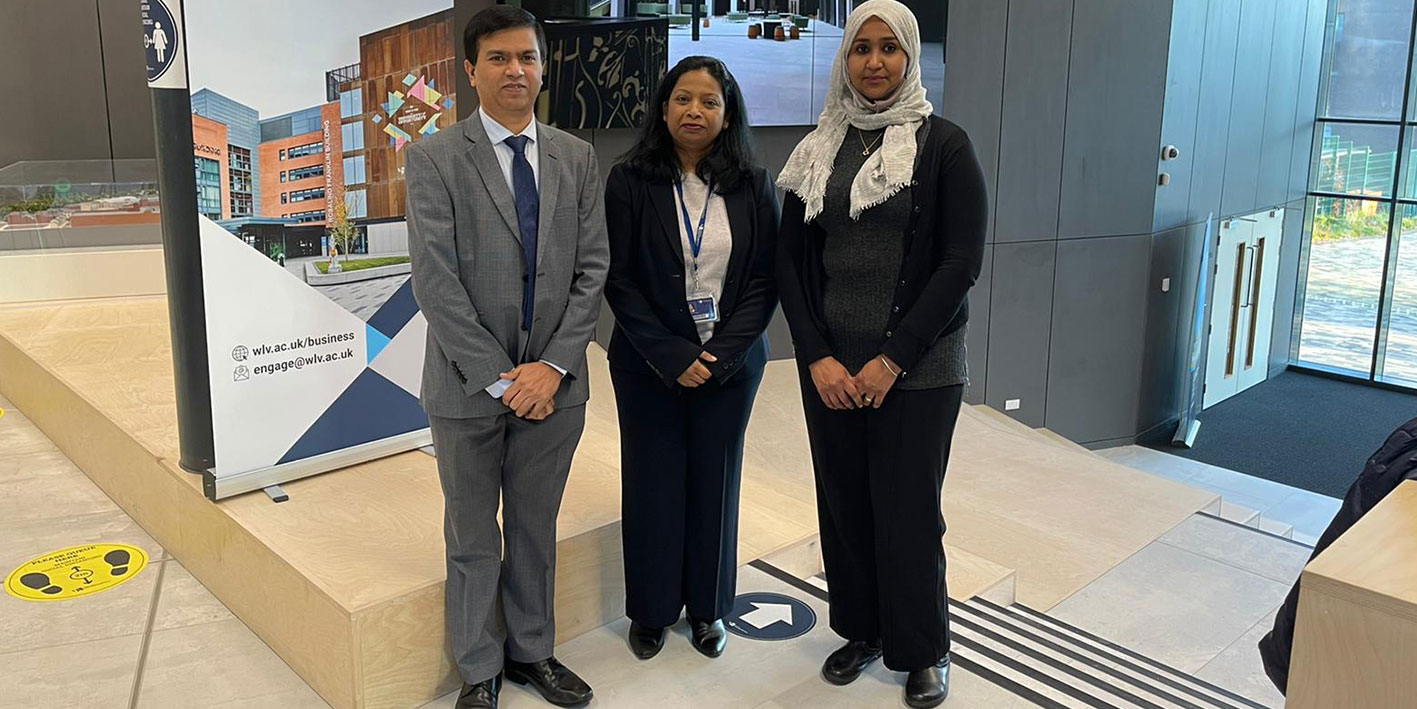
Black Country faces rising need for food banks
Food banks across the Black Country face mounting pressure in the coming months as demand is predicted to reach an all-time high, an academic has found.
Dr Steve Iafrati, Senior Social Policy Lecturer at the University of Wolverhampton, has conducted research across food banks and organisations in the region and says some are struggling to cope.
He said an increase in the number of working families being forced to access services means thousands of packages are needed to meet the growing demand.
Analysis showed that an average month across the Black Country called for approximately 11,600 food donation packages– around 3,000 hot meals and more than 8,500 3-day parcels - with Wolverhampton and Sandwell having the highest need.
He said even this figure represented a significant under-estimate as food is frequently provided by other unofficial agencies, with figures unrecorded. He also expects the figure to rise during the winter months.
Dr Iafrati has urged the public to do what they can to show their support.

He said: “Food banks are no longer just for people who are homeless or on benefits. We are seeing demand from working families who cannot afford to feed their children; people who are struggling to make ends meet.
“Some food banks are just about coping and some are struggling to keep up with demand. They cannot always get as much food or as many volunteers as they need. Even larger food banks can be in a situation where they’re just one month away from crisis.
“We need to raise awareness of this situation and urge people to contact their local food banks and make donations.
“Longer term, this is an economic development issue and has been affected by the growth of zero hours contracts. In the short term, we must try to help meet the growing demand.”
ENDS
For media inquiries please call 01902 322736 or email emmp@wlv.ac.uk
For more information please contact the Corporate Communications Team.


/prod01/wlvacuk/media/departments/digital-content-and-communications/images-2024/240328-Varsity-Line-Up-Resized.jpg)
/prod01/wlvacuk/media/departments/digital-content-and-communications/images-18-19/220325-Engineers_teach_thumbail.jpg)
/prod01/wlvacuk/media/departments/digital-content-and-communications/images-2024/240423-Additive-Research-Centre-Launched.jpg)
/prod01/wlvacuk/media/departments/digital-content-and-communications/images-2024/240320-Uzbekistan-Resized.jpg)
/prod01/wlvacuk/media/departments/digital-content-and-communications/images-2024/240229-The-Link-Resized.jpg)
/prod01/wlvacuk/media/departments/digital-content-and-communications/images-2024/240423-Arts-Connect-Resized.jpg)

